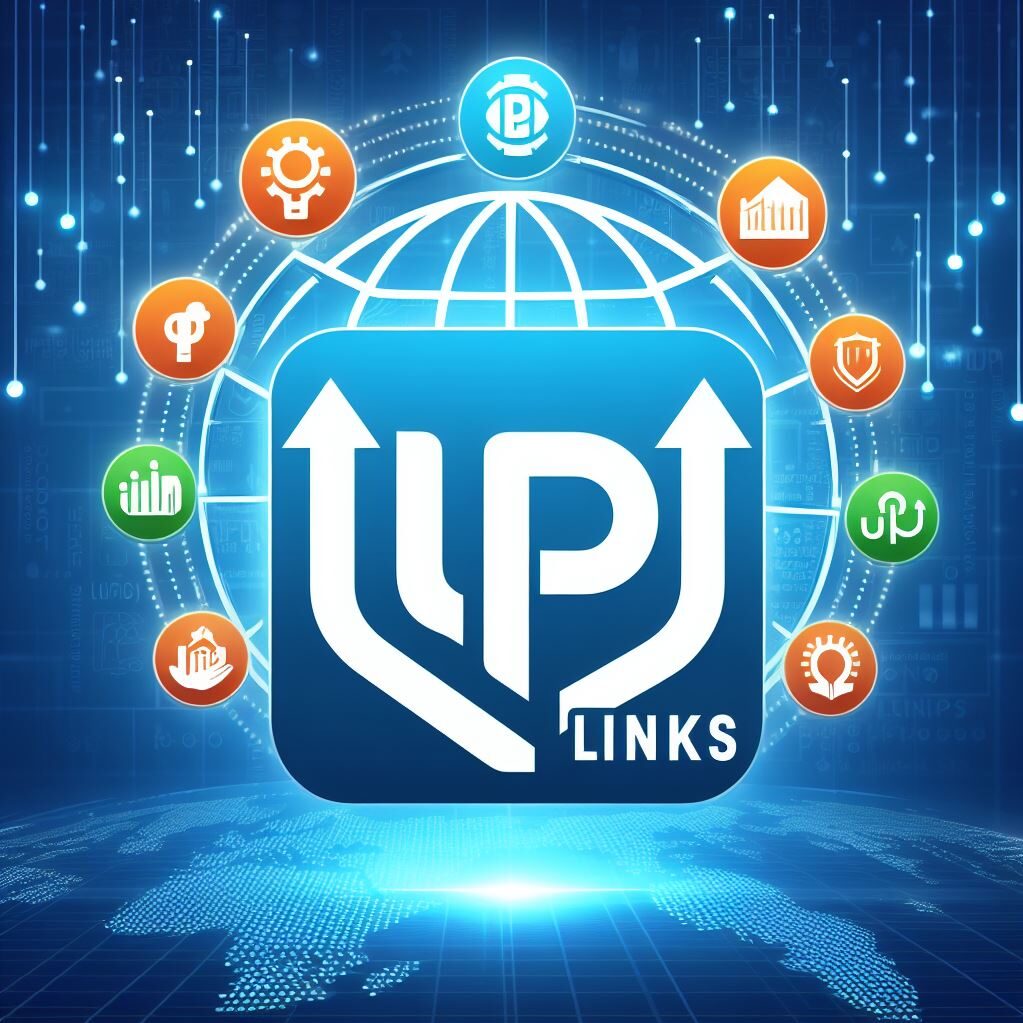Providers in the fintech and retail ecosystems have emphasized that UPI adoption in India is at an all-time high. In order to rid the country of “black money” and effectively and systematically control transactions, the Government of India (GOI) and Reserve Bank of India (RBI) introduced UPI through the National Payments Corporation of India (NPCI) in November 2016.
Unified Payments Interface, also known as UPI, is a real-time quick payment solution that has skyrocketed in popularity recently. A user-friendly payment interface has replaced the conventional cash-based payment model, enabling customers to transfer money with just a few taps on their smartphones. Peer-to-peer and person-to-merchant money transfers are among the interbank transactions that UPI supports. Cashless transactions were implemented to stop the COVID-19 pandemic’s spread after it swept over the planet. Digital payments grew in popularity because they were more secure during those tumultuous times. UPI transactions outpaced conventional credit and debit card usage because they were quicker and simpler to use for money transfers.
Companies in the fintech and retail ecosystems have emphasised that UPI adoption in India is at an all-time high. In order to rid the country of “black money” and effectively and systematically control transactions, the Government of India (GOI) and Reserve Bank of India (RBI) introduced UPI through the National Payments Corporation of India (NPCI) in November 2016. Since then, UPI has made significant contributions to the field of electronic payments thanks to how quick, simple, and effective it is.
Recent statistics indicate that Tier 2 and Tier 3 cities and towns account for more than half of all internet sales. The largest adoption rate for the number of online transactions made using UPI was seen in the EdTech, Ecommerce, Gaming, and Healthcare industries. These online payments are becoming more common in Tier 3 and Tier 4 cities as well, dramatically expanding UPI’s market share. The Person-to-Merchant (P2M) use-cases have a huge potential for expansion, whereas the Peer-to-Peer (P2P) use-cases are now fixed. This demonstrates how UPI users favour convenience over the worry that their transactions may be recorded.

